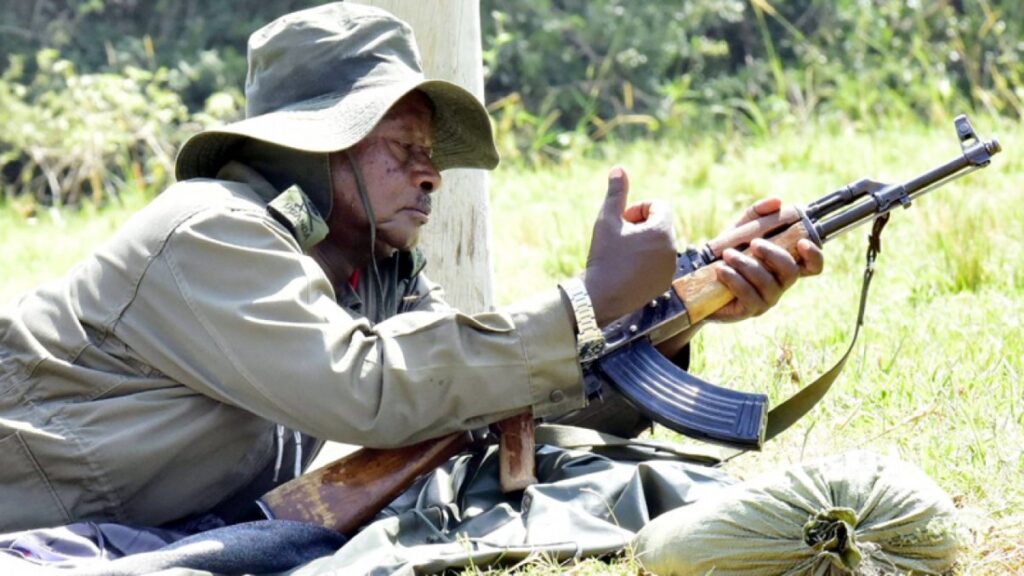President Yoweri Kaguta Museveni has expressed his disappointment over the Supreme Court’s ruling that civilians found in possession of firearms should not be tried by the Military Court Martial.
In a statement released after his return from wealth-creation inspection trips in Busoga and Lango, the President defended the military courts as a necessary tool for maintaining national security and stability.
Museveni argued that trying armed civilians in military courts reinforces the civilian judicial system by ensuring that criminals wielding illegal firearms are dealt with effectively.
He questioned why individuals who unlawfully acquire military-grade weapons should be exempt from being tried in a forum designed to handle such cases.
The President acknowledged that the ruling was not entirely unfavorable, highlighting that two Supreme Court Justices, Chibita and Mugyenyi, supported his stance.
He also noted that Chief Justice Alfonse Owiny-Dollo suggested that military trials for civilians could be justified with certain procedural adjustments.
Museveni emphasized the importance of military courts in handling security-related crimes, citing their role in stabilizing the Karamoja region.
He recalled how civilian magistrates were once reluctant to operate in Karamoja, but military courts helped restore order and discipline among the region’s armed warriors.
Calling for legal reforms, the President urged the Attorney General to propose amendments to the Constitution or relevant laws to ensure that military courts remain an option for trying civilians who acquire firearms illegally.
He also questioned why some Western nations permit same-sex marriages while Uganda’s legal system is being challenged over trying armed criminals in military courts.
The debate over the jurisdiction of military courts in Uganda remains a contentious issue, with human rights activists arguing that civilians should be tried in regular courts to ensure fair trials.
However, the government maintains that military courts play a crucial role in preserving national security.


1 Comment
With all due respect Mr. President, Same Sex marriage and Military Court martial have NO connection! Secondly, why are some Political Prisoners in Court Martial, even those at personal levels are in Makindye, I know one who is there for over his personal Land and your General!